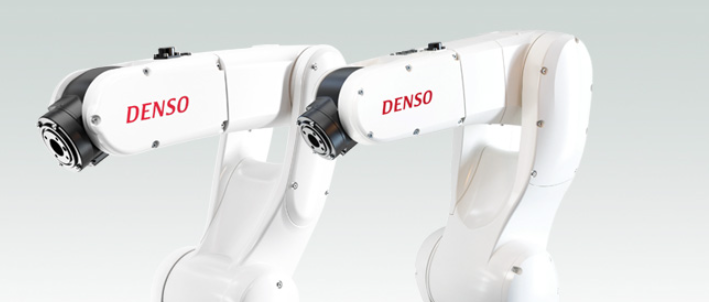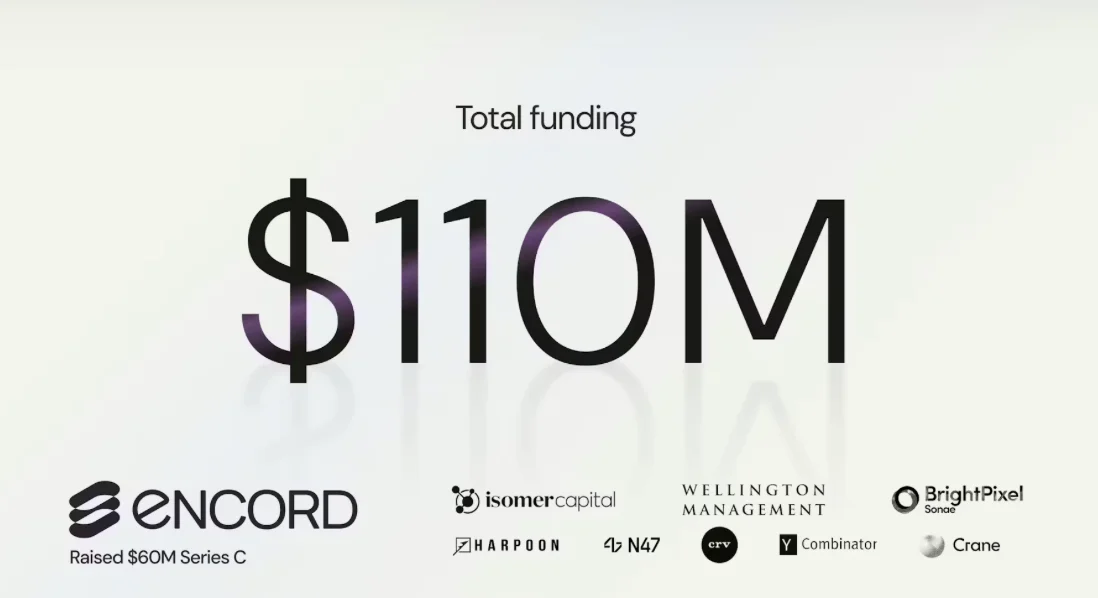Industrial Robotics
Exploring the forefront of innovation, the realm of industrial robotics boasts remarkable contributions from leading companies, revolutionizing manufacturing and production across industries. From enhancing efficiency in automotive assembly to pioneering advances in food and beverage packaging, these entities embody the pinnacle of technological advancement.
The AI Insider will now detail the contributions of key players like Doosan, ABB, and Mitsubishi Electric Automation, among others, whose efforts in industrial robotics not only elevate operational capabilities but also pave the way for future innovations. These companies, each with their notable market caps, underscore the dynamic nature of industrial robotics, offering solutions that promise to reshape the landscape of manufacturing and beyond.
The list is non-exhaustive and is in descending order of market cap as of early 2024. All data has been collated from reliable sources such as Yahoo Finance, Bloomberg and DataScanner.
1. Doosan Robotics— Market Cap: $1.5T
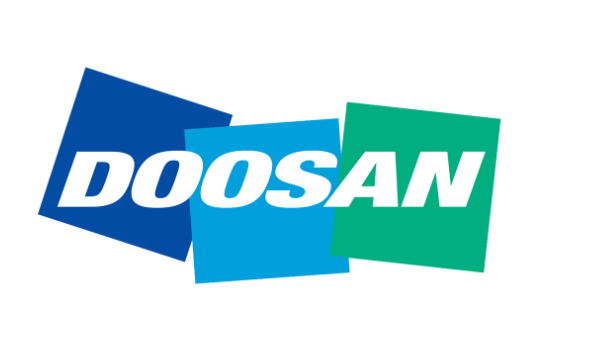
Doosan Robotics specializes in industrial robots designed for high-efficiency tasks in manufacturing environments. These robots excel in handling and arranging heavy items, operating CNC machinery, assembling components with precision, such as screws and bolts, and executing intricate tasks like applying adhesive with human-like accuracy for automotive and heat exchanger applications.
2. ABB — Market Cap: $81.6B
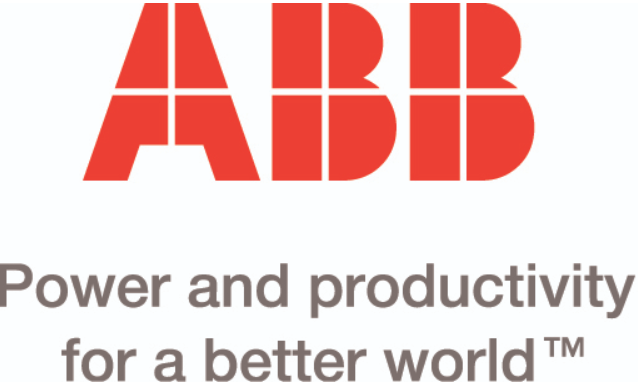
ABB’s industrial robotics offerings span manufacturing to logistics, performing tasks such as welding, material handling, and quality control. Its delta robot stands out for its speed in pick-and-pack operations, serving the food and beverage, pharmaceutical, and consumer goods sectors efficiently.
3. Mitsubishi Electric Automation — Market Cap: $72.2B
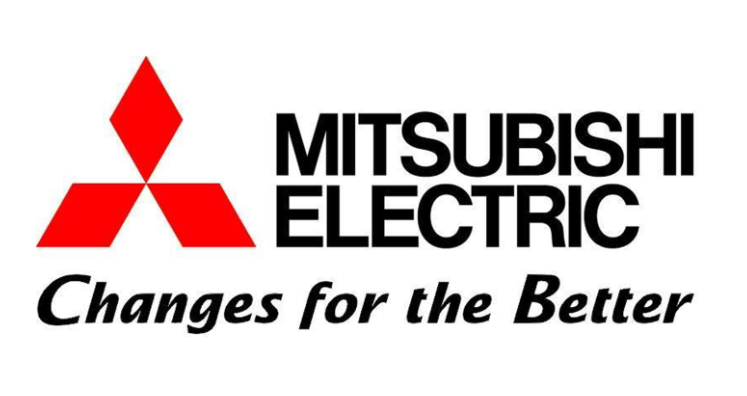
Mitsubishi Electric Innovation leverages its industrial robots across diverse sectors, optimizing production from packaging in consumer goods to assembly in automotive and solar industries. Its robots, including vertically articulated and SCARA types, are engineered for precision in assembly, machine-tending, and handling tasks, ensuring efficiency and reducing production costs and space requirements.
4. Denso Robotics— Market Cap: 47.7B
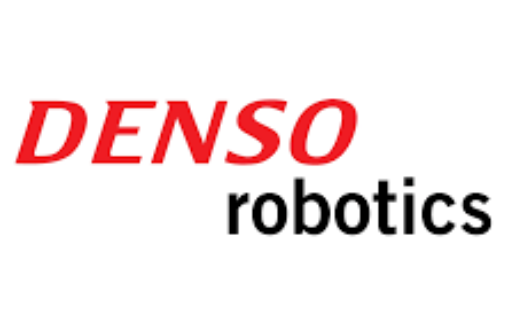
Denso Robotics has a global presence with over 143,000 industrial robots in operation, catering to tasks such as welding and surface finishing in sectors like aerospace and pharmaceuticals. Utilizing 27,000 of these robots in its own facilities, Denso offers robotic arms with the capacity to handle various payloads, showcasing versatility with four-axis models for lighter loads and more complex five- and six-axis robots for heavier tasks.
5. Kawada Robotics Group — Market Cap: $42.7B
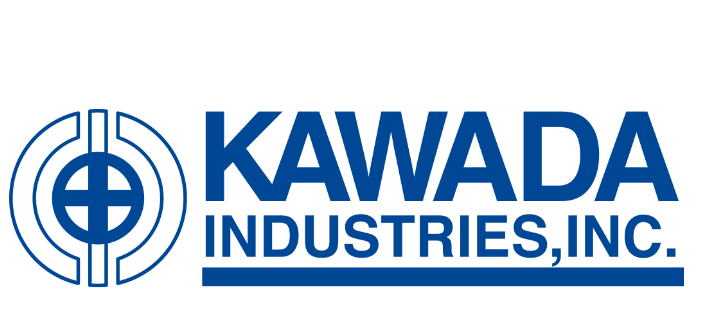
Kawada Robotics Group’s Nextage is a dual-arm industrial robot designed to collaborate with humans in manufacturing environments. Equipped with advanced image recognition, it can adapt to its surroundings. Its 15 axes and electromagnetic brakes enhance safety by preventing falls. Nextage can carry up to 6 kg with both arms, showcasing its versatility in various tasks.
6. Fanuc Robotics — Market Cap: $26B
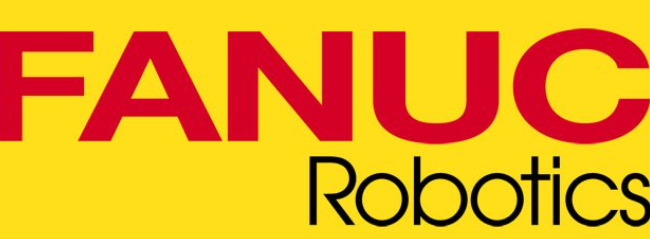
Fanuc Robotics excels in manufacturing industrial robots, offering SCARA robots for tasks requiring speed and precision, such as assembly, pick-and-place, quality control, and packaging in sectors like automotive and medical devices. These robots handle loads from 3 kg to 20 kg. Additionally, Fanuc’s robots are pivotal in painting and coating applications, trusted by the world’s leading automakers for their efficiency and reliability.
7. Yaskawa — Market Cap: $9.9B

Since its launch of Japan’s first all-electric industrial robot in 1977, Yaskawa has become a key player in various industries, shipping nearly 500,000 robots over four decades. Its robots are integral in logistics, automotive, and food and beverage sectors, performing welding, assembly, and painting. Yaskawa is also contributing to the electric vehicle market by aiding in high-capacity battery production and advancing the biomedical field through bacteria testing and drug preparation efforts.
8. Omron — Market Cap: $8.9B

Omron’s industrial robotics lineup includes four-axis SCARA robots, six-axis articulated robots, and parallel robots for efficient pick-and-place tasks. These SCARA robots excel in assembly, precision tasks, material handling, and applying adhesives. Additionally, Omron’s Viper-series robots are designed for a range of applications including machining and material handling across various industries.
9. KUKA Robotics — Market Cap: $3.1B

KUKA Robotics’ industrial robots serve a wide array of sectors, including specialized environments such as ultra-clean rooms for semiconductor production and hazardous areas like nuclear decommissioning. These robots are designed to perform critical tasks in conditions where human safety is a concern, from precise handling in cleanroom settings to managing radioactive waste safely.
10. Universal Robots — Market Cap: $1.45B

Universal Robots has deployed over 75,000 cobots in various sectors, including automotive and food and beverage. Notably, its robots have streamlined operations in companies like Continental, cutting changeover times by half, and at Ford’s Romanian plant, aiding in engine lubrication and assembly tasks.
Conclusion
The landscape of industrial robotics is rich with innovation, spearheaded by companies that have made significant strides in advancing technology. Through their contributions, industries worldwide benefit from enhanced precision, efficiency, and safety in manufacturing processes. As we look towards the future, the ongoing evolution of industrial robotics promises to bring even more transformative changes to the way we produce, assemble, and handle goods across various sectors. The journey of these ten industrial robotics companies highlights a path of continuous improvement and innovation, underscoring the limitless potential of robotics in industrial applications.
Featured image: Credit: Denso Robotics
